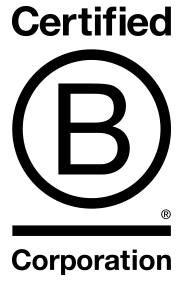Paul Hargreaves: Vulnerability
When I was younger, I used to think that leadership was all about bravado, machoism, setting your face like flint and not letting your weaknesses or emotions show. This style of leadership is more suited to the sports field rather than business or organisational leadership, and funnily enough, that’s where it came from. For some reason, and definitely not because I was better than others, from age 9 onwards I always ended up being the captain of various sporting teams, probably because I was bossy and looked respectable on the outside, but inside was a calm assassin. I quickly found at university that the sports field captaincy didn’t translate well into everyday leadership.
I had changed over the years anyway, but when I went down with malaria in 2015 and ended up being blue-lighted into Swindon hospital, and took six weeks to recover properly, I learned my own mortality, lack of invincibility and have shown more vulnerability ever since. One might say I became more human, and I really do think that it is time for leaders to show more vulnerability to the people they are leading, to remove the masks and admit their weaknesses. The very opposite, in fact, to the current governments on both sides of the Atlantic and in many other places.
And now is the time to do it. The days of the ‘expert’ were drawing to a close anyway, and even more so now, since the pandemic. It really is OK as a leader to put your hands up and say, “I don’t know”, and there may be other people in the room who have some wisdom to pass on. The problem some leaders have had is that they haven’t had enough people different to them in the room, which has been dominated by white men. There is a feeling of uncertainty around at present, and the world needs more leaders, who are prepared to lead with a knowledge of their own vulnerability.
I’ll finish with some words from a Catholic Priest, Henri Nouwen, "We are called to be fruitful - not successful, not productive, not accomplished. Success comes from strength, stress, and human effort. Fruitfulness comes from vulnerability and the admission of our own weakness."














